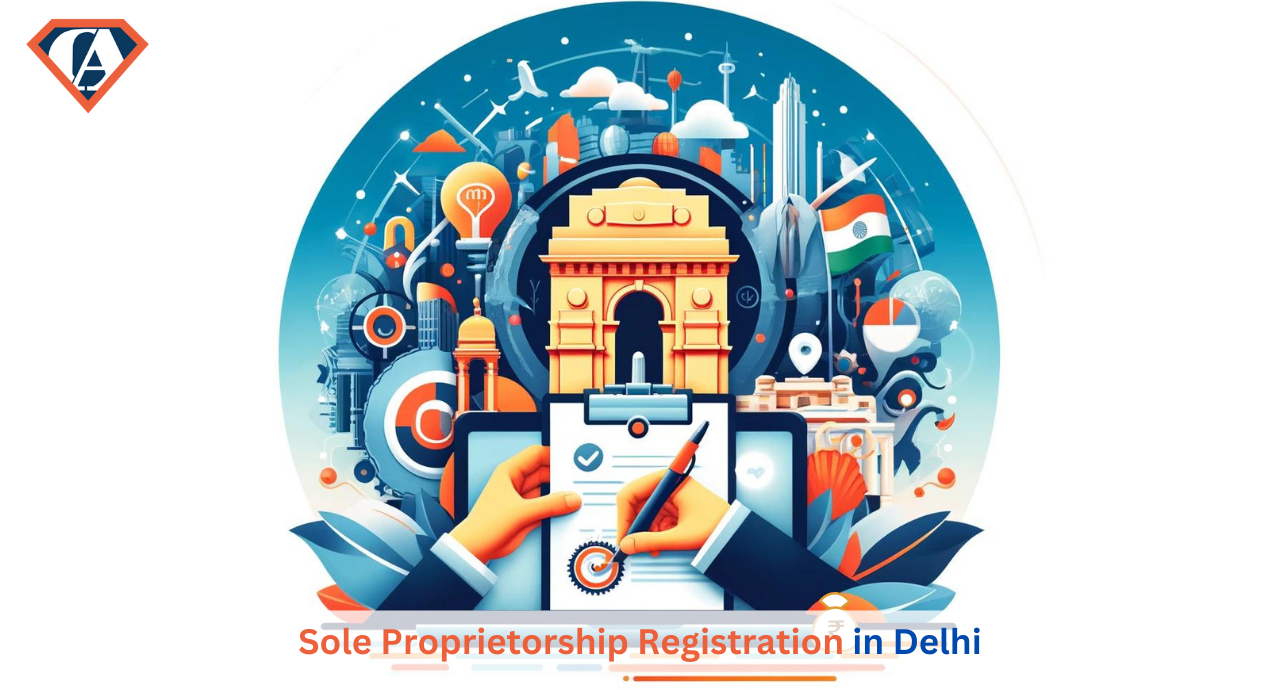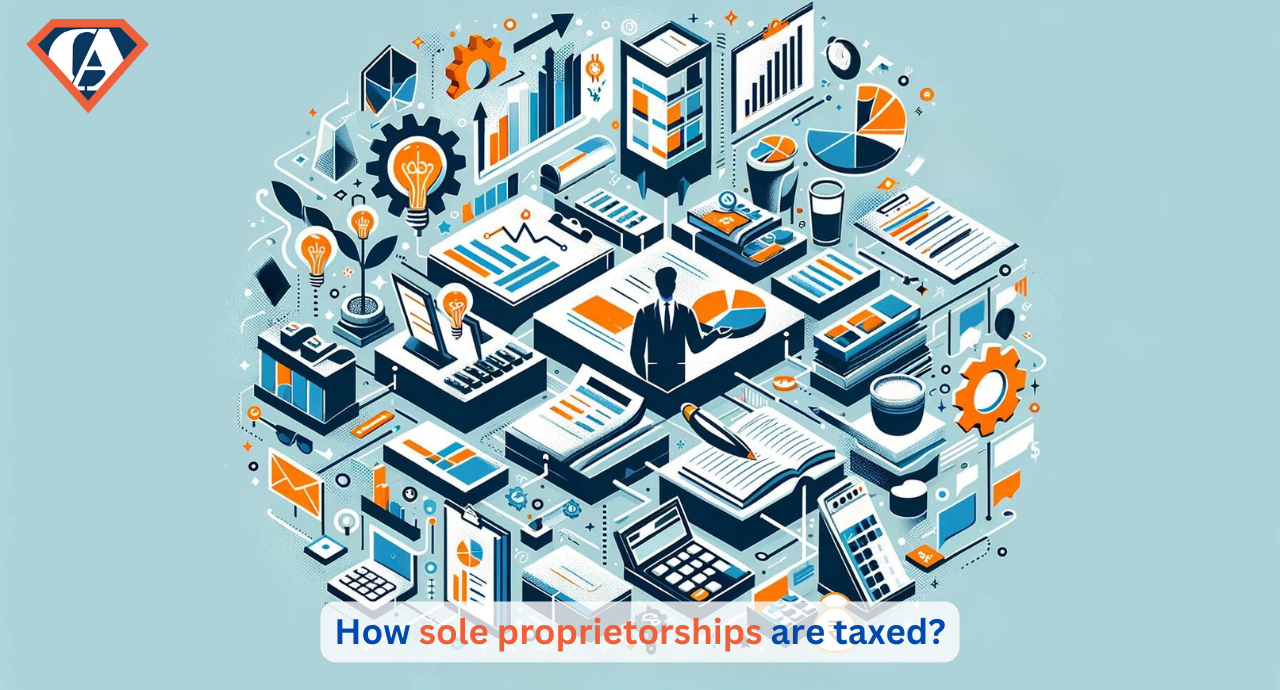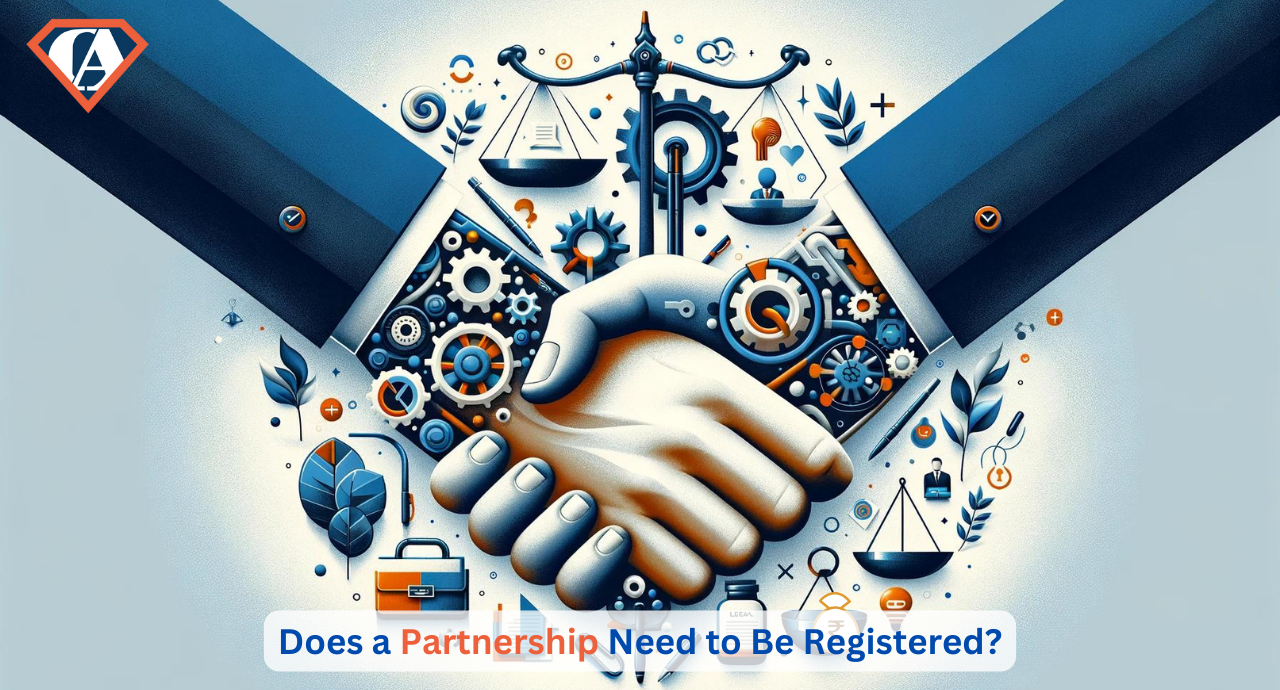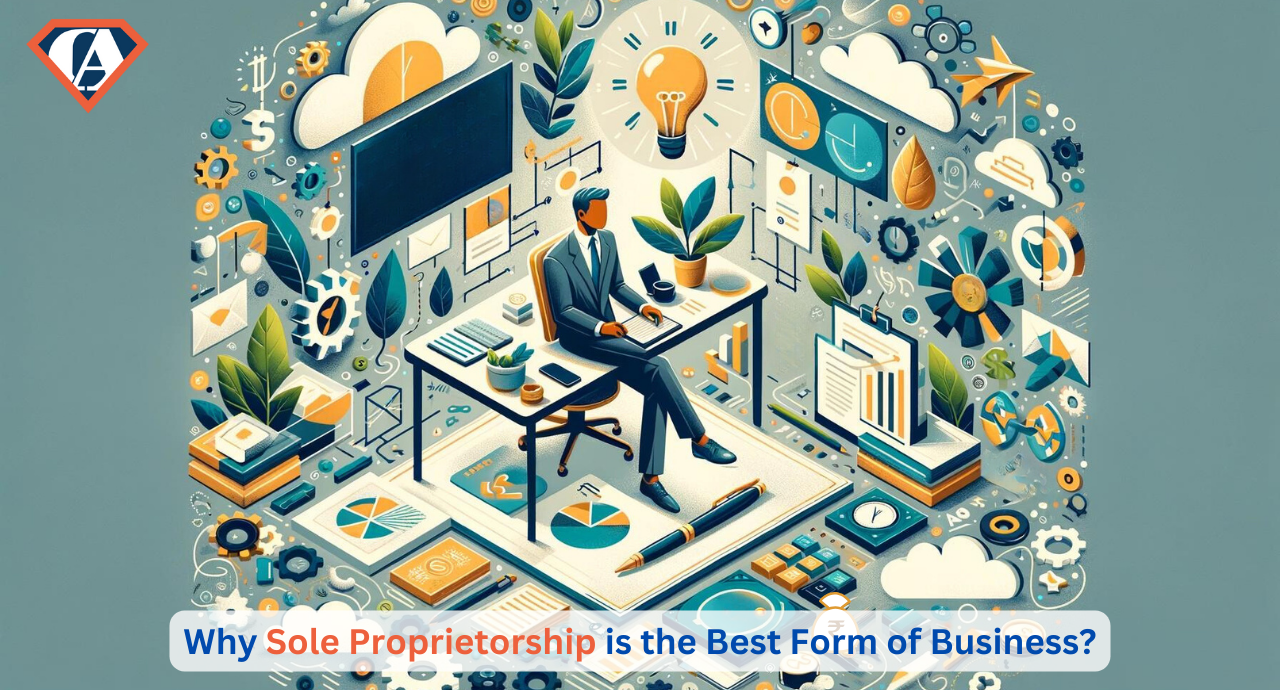What is the Difference Between a Copyright and a Patent?
- Posted By SuperCA
- On 08 January
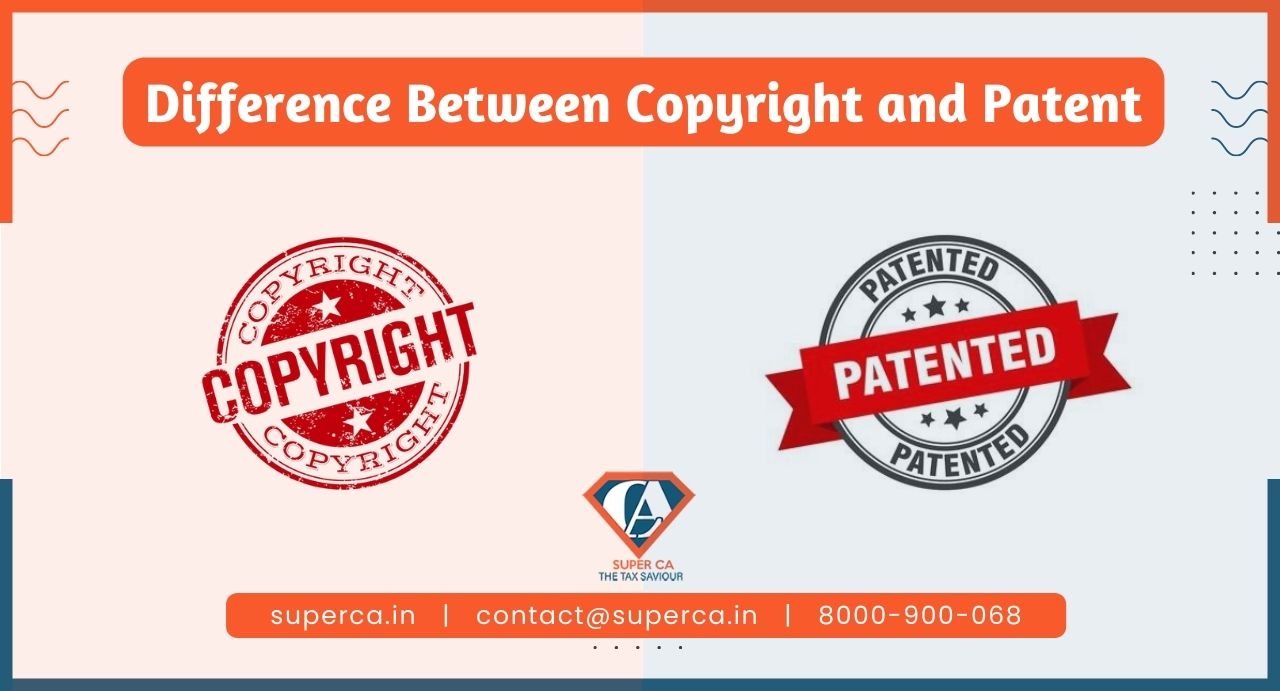
Protecting your intellectual property is a necessity in today’s era of cut-throat competition. You can protect your innovations and other intangible assets owned by you or your company and take valid legal proceedings against those who use it without permission. If you're concerned with protecting your intellectual property, you might be wondering about the difference between copyright and a patent. In this article, our discussion will revolve briefly around the basics of copyright and patents and the differences between them so that you understand how to apply it in order to properly protect your intellectual property.
Patent law protects inventions from use by others and gives exclusive rights to their inventors granted by the government. This gives the owner the right to exclude others from making, using, selling, offering to sell, and importing an invention for a limited period of time, in exchange for the public disclosure of the invention. Any invention has to be new, not obvious and there needs to be an industrial applicability to it.
Whereas, A copyright is a collection of rights that is provided to someone who creates an original work of authorship like a literary work, song, movie, software, writings, art, architecture, and music. Once you create an original work and fix it, like taking a photograph, writing a poem/blog, recording a new song, you are its sole owner. The copyrights provide you the right to reproduce the work, to prepare derivative works, to distribute copies, and to perform and display the work publicly. Copyright also provides the owner of copyright the right to authorize others to exercise these exclusive rights, subject to certain statutory limitations.
Copyright vs Patent
| Basis | Copyright | Patent |
| Purpose | The purpose of copyright is to make sure that the creation of creator is protected by giving them the exclusive right to utilize or distribute their creation. | The purpose of the usage of patents by businesses or individuals to make sure that the innovations/inventions of their product/service is retained. |
| Governing Act | Copyrights in India are governed by the Indian Copyright Act enacted in the year 1957. | The patent system in India is governed by the Patents Act, 1970 (No.39 of 1970) as amended by the Patents (Amendment) Act, 2005 and the Patents Rules, 2003 |
| Target objects | Copyright is geared toward literary and artistic works, such as books and videos. | An invention relating either to a product or process that is new, involving inventive steps and capable of industrial application and which do not fall into the categories under sections 3 and 4 of the Act can be patented. |
| Symbol | The owner or creator can for their works and creations that have a copyright use the ‘©’ symbol or the alphabet ‘C’ even without registering it. | There is no typographical symbol used for patents |
| Duration of Protection | In India, the duration of the validation of copyright issued is the lifetime of the creator plus sixty years for an individual owner. whereas a non-individual owner, the issued copyright may be valid for over sixty years from the date of the creation to the date when it was published. | The term of every patent granted is 20 years from the date of filing of application. However, for application filed under national phase under Patent Cooperation Treaty (PCT), the term of patent will be 20 years from the international filing date accorded under PCT |
| Exclusivity | The copyrighted work provided the owner or creator of that work exclusive rights to utilize the work for financial gains. | The trademarks help inventors in protecting and retaining the exclusive rights of their inventions.. |
Benefits of Copyright
➢The copyright protects the original work or creation from being used, duplicated, reproduced, or sold by someone other than the creator or someone authorized by the creator in any mode including online and offline
➢ Discourages Copycats from using similar marks in the first place, thus solves the problem before it even begins.
➢ Helps in preventing others from making unwarranted use of the author’s work. If you come upon that someone is copying the author’s work, he/she can send a `cease’ notice. So, a person does not have to bother about legal proceedings at a later stage which saves a lot of time and money.
➢It gives the copyright holder the reputation that certain work belongs to him. This serves as an asset to the work & safeguards the particular way an author or creator expresses himself.
Benefits of Patent
➢Patenting an invention give absolute monopoly to concerned owners on selling, using, making, distributing, importing, or exporting their creation.
➢Just like every intellectual property rights, patents ensure complete legal protection against infringement by any means.
➢If the inventor(s) has reason to believe that his invention may offer better ROI through licensing, then he/she can transfer some rights to a deserving person who is willing to commercialize the invention. Hence he/she can earn profit from selling a percentage of license.
➢The inventor gets exclusive rights and protection for a predetermined period of 20 years which allows you to keep competitors at bay.
Suggested Reads:
Difference Between Copyright And Trademark
Conclusion
You must be clear by now that both copyright and patent offer intellectual property protection, but they protect different types of assets. For example, ABC Company can patent their innovation of building smartphone-controlled robots but would copyright the works that it creates. Likewise, a poem written by Manohal Lal is copyrighted, and songs composed by Justin Bieber are copyrighted. Creation of the personal computer in 1980 by Steve Jobs and three other employees of Apple Inc are patented. These protection provided by law encourages creativity and innovation and helps a country grow both in economic as well as cultural terms.
Other Reads:
How To Apply For Online Copyright Registration?

